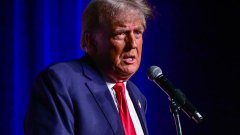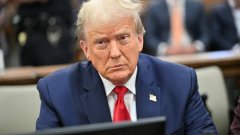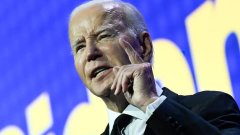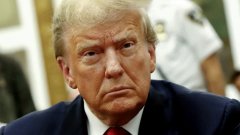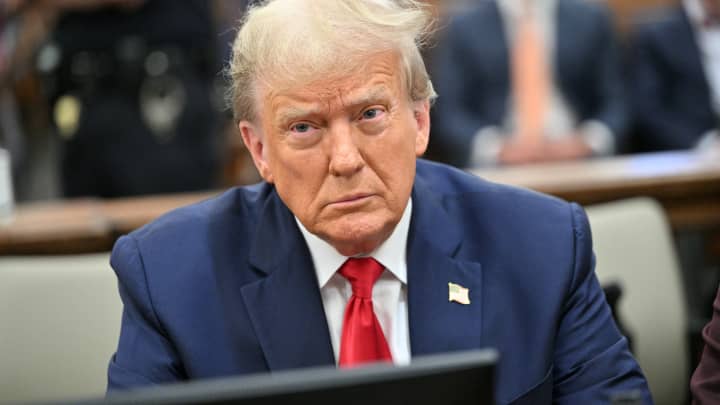
made statements that threatened the integrity of his election case, a federal judge said Tuesday as she detailed her decision to impose a partial on the former president.
Trump has made public statements "attacking individuals involved in the judicial process, including potential witnesses, prosecutors, and court staff," Judge Tanya Chutkan wrote in a in U.S. District Court in Washington, D.C.
Trump's language, spread to audiences of millions on social media and elsewhere, communicated "not merely that he believes the process to be illegitimate, but also that particular individuals involved in it are liars, or 'thugs,' or deserve death," Chutkan wrote.
The statements "pose sufficiently grave threats to the integrity of these proceedings that cannot be addressed by alternative means," the judge wrote.
The gag order on Trump has been tailored "to meet the force of those threats," she added.
Trump has vowed to appeal Chutkan's ruling, claiming that the gag order will hamper his ability to speak on the 2024 presidential campaign trail.
The three-page written opinion came one day after the judge placed limits on what Trump can say about the criminal case accusing him of illegally conspiring to overturn his 2020 election loss to President .
Chutkan delivered that ruling from the bench Monday after hearing arguments from a federal prosecutor for special counsel Jack Smith, who sought the gag order, and a lawyer for Trump, who opposed any restrictions on his speech.
Read more of CNBC's politics coverage:
Smith's office argued that its proposed gag order was aimed at preventing Trump from prejudicing the case, including by tainting the jury pool. The prosecutors have cited numerous posts from Trump's Truth Social account targeting Chutkan, Smith, the citizens who comprise the D.C. jury pool, and potential witnesses in the case.
Defense attorney John Lauro argued that the gag order would trample Trump's First Amendment rights and hinder his ability to campaign for the Republican presidential nomination.
Chutkan expressed concern during the hearing that Smith's proposed order was too broad. She declined Smith's request to ban Trump from making statements about potential jurors.
But she ultimately rejected Lauro's argument that Trump's political campaign precludes her from imposing restrictions on his speech.
"The defense's position that no limits may be placed on Defendant's speech because he is engaged in a political campaign is untenable, and the cases it cites do not so hold," Chutkan wrote in Tuesday's opinion.
She cited two cases in which courts "recognized that First Amendment rights must yield to the imperative of a fair trial."
The threats posed by Trump's statements justify "limited restrictions on extrajudicial statements," she wrote.
"The bottom line is that equal justice under law requires the equal treatment of criminal defendants," the judge wrote. "Defendant's presidential candidacy cannot excuse statements that would otherwise intolerably jeopardize these proceedings."
Trump has pleaded not guilty to the charges, the most serious of which carry 20-year maximum prison sentences.
The written order specifies that all parties in the case are barred from making public statements targeting Smith, the defense counsel, members of the court or any of their staffers.
The parties are also prohibited from targeting "any reasonably foreseeable witness or the substance of their testimony," the order says.
Chutkan notes that they are also forbidden from directing others to make any of those restricted public statements on their behalf.
Chutkan's order explicitly allows Trump to continue making general criticisms of the government, including both the Department of Justice and the Biden administration.
Trump may also keep asserting that he is innocent of the charges in Smith's four-count indictment, and he can still claim that the prosecution is politically biased against him, Chutkan wrote.
He can additionally make statements criticizing the campaign platforms and policies of his current political rivals, Chutkan noted. She pointed to former Vice President Mike Pence, who is running against Trump for the GOP presidential nomination as an example.
Don't miss these CNBC PRO stories:

